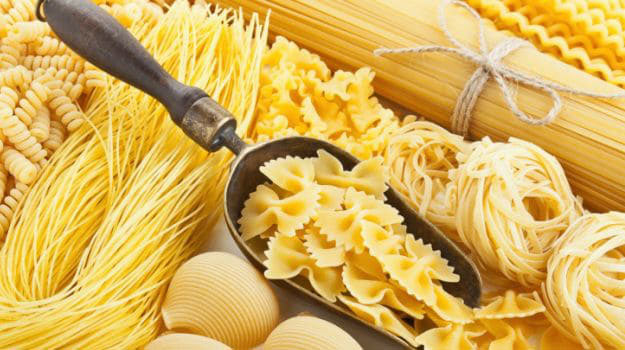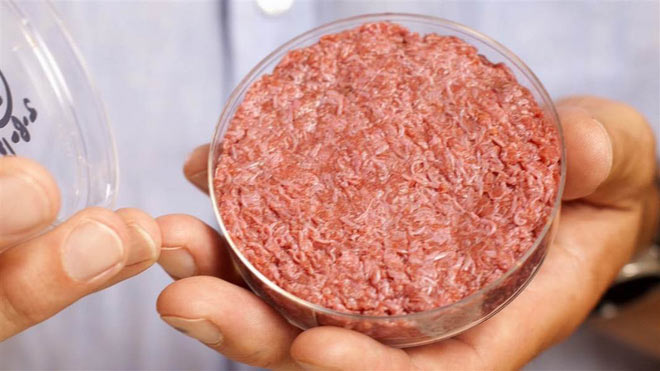Successfully manufactured meat from the air
One of the major sources of air pollution for the Earth is the breeding process to create human flesh. The amount of CO2 generated from the livestock sector is too large, even much larger than the transport industry. To solve this problem, scientists have long studied to find ways to make artificial meat to help humans eat meat without slaughtering animals.
The most recent is the project to produce artificial meat from the air of Air Protein - a startup based in California (USA). This project was developed based on the technology of processing CO2 into food by the US space agency NASA.
By reusing the CO2 emitted by the astronauts in the enclosed space of the shuttle, NASA technology allows the processing of CO2 into food.

Since 1960, the US space agency NASA has been working on a project to create a long-term food source for astronauts by reusing the CO2 they emit in the enclosed space of the space shuttle. space. The researchers found that the Hydrootrophs group can convert Carbon Dioxie (CO2) and synthesize protein protein. The process of converting waste gas into food thanks to the hydrogenotrophic bacteria takes place similar to the fermentation process of making yogurt or brewing yeast .
So far, NASA has been able to convert CO2 into macaroni and artificial water.

The process of converting CO2 into Protein has been completed by the startup company Air Protein within an hour. The time period is too short compared to the months of NASA.
Air Protein chief executive Lisa Dyson said their Air Protein project had more advantages in speed and production quality than other artificial meat projects. Air Protein's meats meet the demands of large quantities, causing no negative reactions to humans and animals.
As expected, Air Protein will launch the company's meat products to the market in 2020.

Processing artificial foods from the air with advantages such as helping to reduce the problem of dependence on natural resources, reducing environmental pollution, diversifying applications in many fields, avoiding epidemics. . are getting the attention and support of many organizations around the world.
Currently, there are several other companies in the world that are focusing on the field of artificial food processing. Solar Food, a Finnish company, is testing a new protein powder, called Solein, made from CO2, water and electricity. Another startup, Calaysta, is working to create a carbon-based protein in the air that can feed fish, cattle and domestic animals.
To attract consumers, all of these companies have to face one of the biggest barriers in the artificial food market is taste.
- The first human being had a biological pause to extend life, literally 'switched off and on'
- Successfully tested the Mach 5 engine, flying from Hanoi to Ho Chi Minh City. Ho Chi Minh only takes 11 minutes
You should read it
- ★ Synthetic enzymes can be catalysts for artificial life
- ★ Now, artificial intelligence can predict how long you will live
- ★ Watching pictures painted by artificial intelligence, everyone thinks that is the work of a true artist
- ★ Artificial intelligence learns to create another artificial intelligence, replacing people in the future
- ★ 6 steps to start learning artificial intelligence programming (AI)